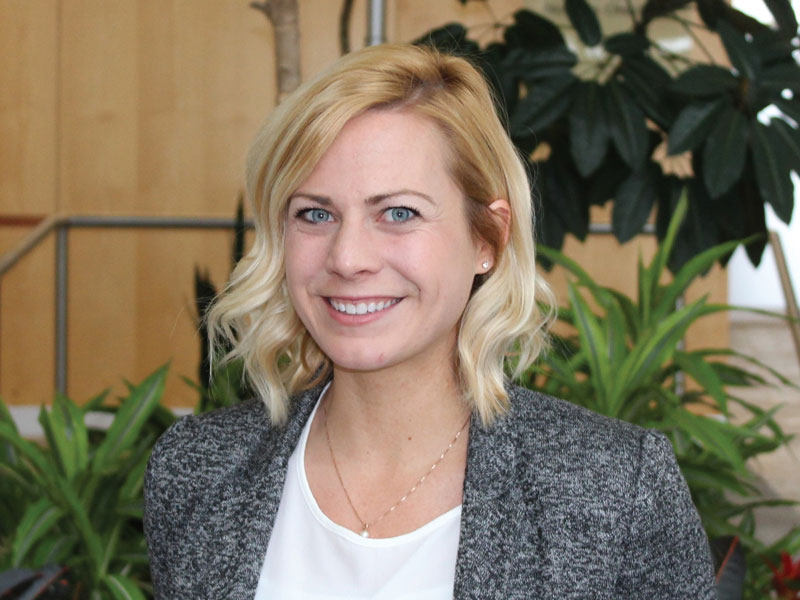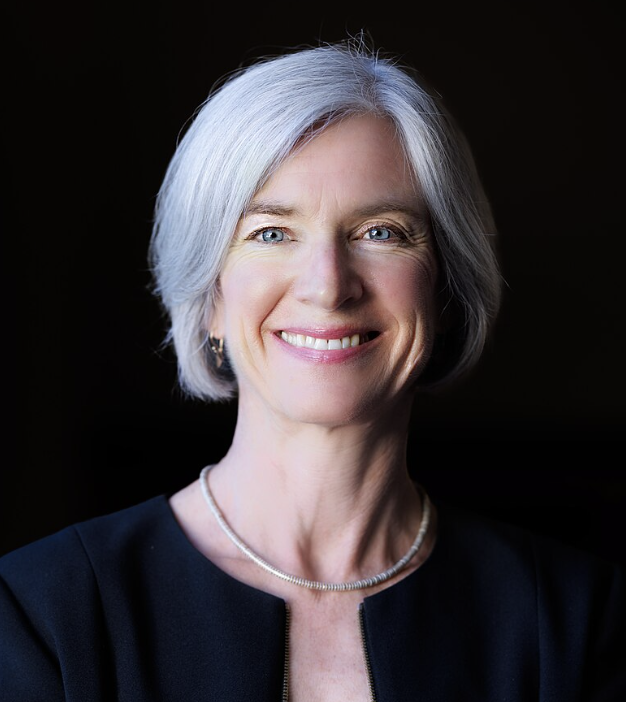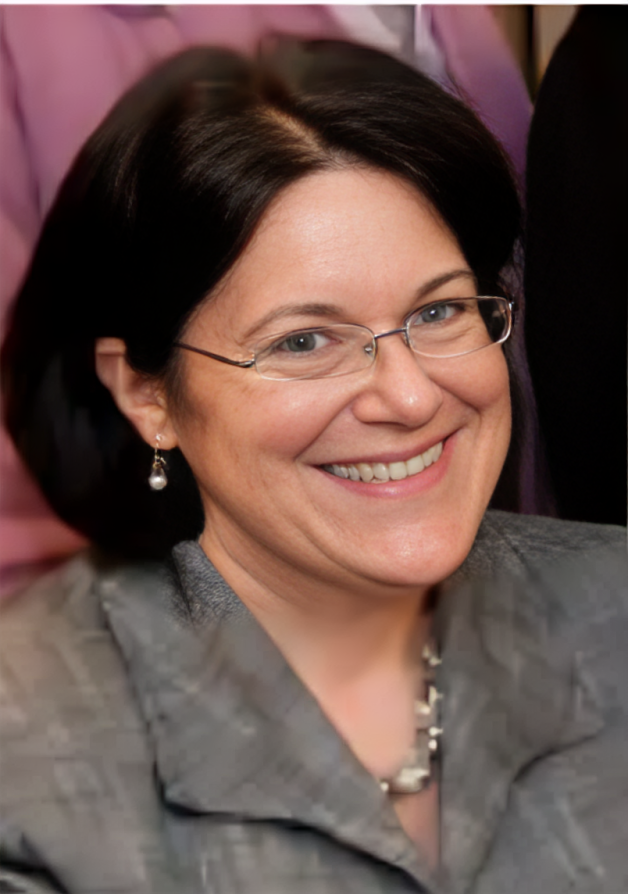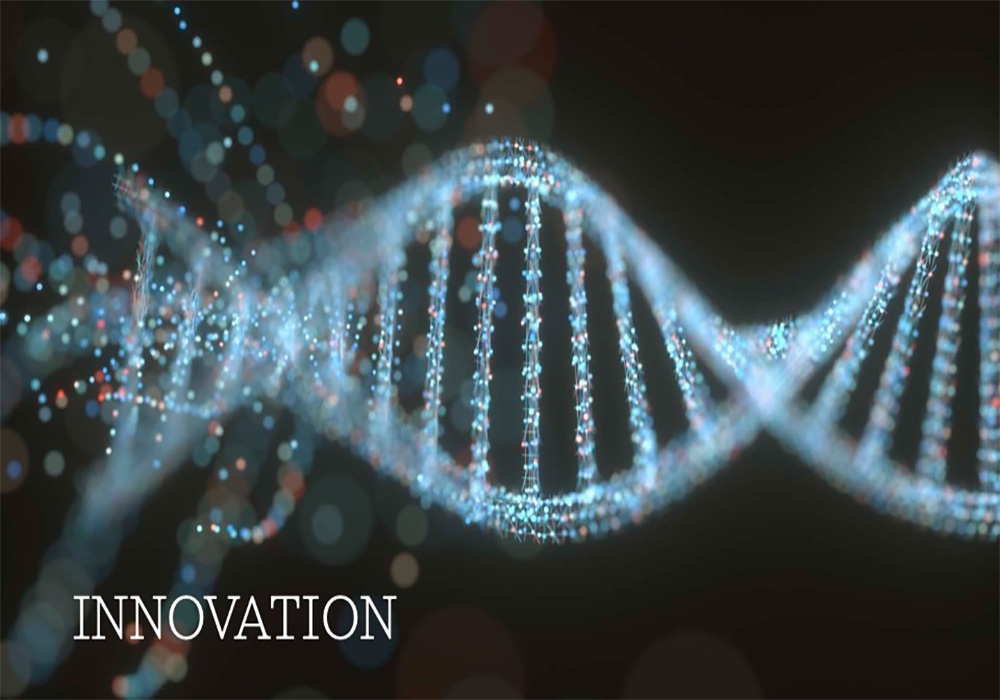
“Despite the pivotal role genomics plays in cancer treatment, nurses currently face a gap in knowledge and confidence needed to effectively deliver genomics-informed care,” ONS member Erin Dickman, DNP, RN, OCN®, oncology clinical specialist at ONS, said during a June 2024 presentation for the ANA Innovation Lounge. During the session, she and colleagues Jennifer Doudna, PhD, biochemist and co-inventor of the CRISPR-Cas9 genome editing technology, and ONS member Kathleen Calzone, PhD, RN, AGN-BC, FAAN, research geneticist, provided a comprehensive look into how genomics and precision medicine are transforming cancer care.
Through key topics such as the integration of genomics into nursing practice, the development of educational resources, and the impact of technologies like CRISPR, the panelists discussed the challenges and opportunities in advancing genomic knowledge and the importance of oncology nurses’ role in that work.

The Dual Edge of CRISPR Technology
The CRISPR-Cas9 gene-editing tool has revolutionized molecular biology, Doudna said. It acts as molecular scissors, allowing scientists to cut DNA at specific locations and make targeted modifications. By modifying DNA related to cancer growth, CRISPR may lead to potential new treatments or enhance the effectiveness of existing treatments.
Although the technology offers exciting possibilities, the concept of genome editing raises ethical, legal, and social considerations, Doudna said. As CRISPR unfolds in oncology, nurses can learn more about what it means for their patients and their practice with resources from the National Cancer Institute and peer-reviewed expert analyses.
Driving Decision Support Resources for Nurse Education
Another way that nurses are innovating in genomics is through the creation of point-of-care decision support tools such as the ONS Biomarker Database. Launched in 2022, the database contains detailed listings of biomarkers known to be related to 21 cancer types as well as tumor-agnostic markers, Dickman explained. She said the database was also created to serve as an educational resource for clinicians to better understand the personalized therapeutic options for patients based on their tumor’s biomarkers, as well as to facilitate patient education about their care and treatment options.
“The data illuminated a critical disparity: Despite genomics’ pivotal role in cancer treatment, nurses faced significant gaps in knowledge and confidence, exacerbated by a lack of tailored educational and resources to keep pace with rapidly evolving scientific advancements,” Dickman said. “The ONS Biomarker Database, one of ONS’s most popular genomics resources, facilitates self-education, supports patient education, and informs discussions with the healthcare team and patient during shared decision-making.”

Integrating Genomics Into Nursing Practice
Calzone’s research focuses on genomic translation—in other words, how to best take these nursing innovations and apply them to practice. She advised attendees that genomic education and implementation start at the top: “Our Method for Introducing a New Competency into Nursing Practice research found that hospital nursing leadership-led interventions significantly increased genomic awareness and educational intent among nurses in Magnet settings,” she said.
To achieve that, Calzone contributed to the creation of a roadmap for global acceleration of genomics integration across nursing and a maturity matrix for nurse leaders to facilitate and benchmark progress in genomic healthcare policy, infrastructure, education, and delivery.
She added that her research demonstrated the need for a way for nurses to understand the complexity of genomics terminology. Use of consistent and correct genomic terminology minimizes confusion and misconceptions and contributes to quality and safe delivery of cancer care. Calzone encouraged nurses to refer to the ONS genomics taxonomy, a comprehensive glossary of genomic terms that nurses can integrate into their practice.
Now It’s Your Turn to Innovate
The ANA Innovation Lounge is a dynamic platform for showcasing nursing innovations.
For nurses aspiring to be innovators in genomics and precision medicine, Dickman offered the following guidance:
- Ignite your curiosity.
- Seize learning moments.
- Find trusted resources.
- Collaborate with your team to integrate genomics.
- Advocate for precision care.
“The changing landscape of genomics has implications for all nurses, not just those working in oncology,” Erica Fisher-Cartlidge, DNP, CNS, AOCNS®, EBP-C, ONS's chief clinical officer, said. “The ANA Innovation Lounge was a wonderful opportunity for ONS to share the work being done to bring this complex topic to nurses in a more accessible way.”
Get a greater understanding of genetics and genomics through ONS’s Genomics and Precision Oncology Learning Library and Biomarker Database tools, both at the point of care in clinical practice as well as continued learning.







